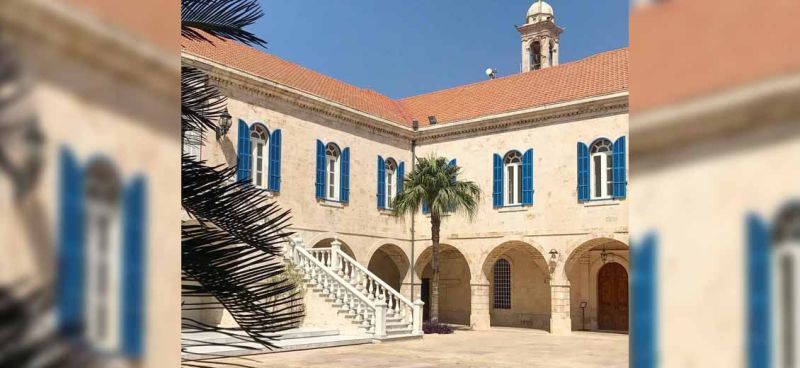
For some Lebanese Christians, the 1860 massacres remain an open wound — a persistent thorn in their collective memory. The painful recollection of this brutality resurfaced during the canonization of the Massabki brothers, who were martyred in Damascus on the night of July 9-10, 1860. How did it come to pass that over 20,000 Christians — half of whom were Maronites — were brutally slaughtered by fanatical groups of Druze and Muslims, operating under the protection of Ottoman governors and Janissaries?
The events of what came to be known as the "Damascus massacres" unfolded in a complex context, offering many lessons. Henri Laurens, a professor at the Collège de France and a prominent expert on the Middle East, provides this perspective: “Due to socio-economic shifts,” Laurens writes, “Christian populations experienced significant growth during the 19th century (…). Moreover, through missionary efforts, they gained better access to modern education, which gave them a competitive edge in the job market (Editor’s note: emphasis ours). Finally, under pressure from Western public opinion, they became a symbol of modernity: treating non-Muslim communities well became a sign of a civilized political approach (…) The clashes between Druze and Christians thus took on a sectarian nature. The 1860 massacres were a result of the local Muslim groups’ relative frustration towards those seen as benefiting from reforms, recent economic shifts, and the involvement of foreign actors.”
While this summary is brief, many consider it too detached. It is often criticized for downplaying the suffering of the victims and for absolving the perpetrators by focusing on the underlying causes rather than the devastating outcomes. Those who see it this way tend to revive feelings of resentment and a desire for retribution, refusing to let the past fade.
However, from a psychological and emotional perspective, confronting the past in this way is essential for breaking free from the cycle of traumatic memory and reconnecting with the present reality. It’s about moving from the past to the present and embracing the promise of new social relationships and a new future.
This is precisely what forgiveness achieves. It is the mental renewal that Christian faith calls upon us to undertake. Yet, in the account of the martyrdom of the Massabki brothers, this crucial element is absent.
It is said of Francis Massabki, the eldest and most prominent of the three brothers, that the mercenaries who came to kill him in the church offered him, on their master’s behalf, the opportunity to convert to Islam. In return, they promised to spare his life and that of his entire family, and to repay a large sum he had lent to one of the instigators of the anti-Christian riots.
He responded with dignity: "Sheikh Abdallah can keep my money. You may take my life. But no one can take my faith. I cannot renounce my God. I am a Christian." He was killed, struck down by knives and axes.
In this way, Francis Massabki bore witness as a true martyr, through both his words and his sacrifice. Yet, the story of his martyrdom lacks any mention of forgiveness. It is this absence that perpetuates the trauma of memory. In Christian belief, forgiveness is not a choice, nor is love for one’s enemies. These are core aspects of martyrdom and memory alike. On the cross, Jesus forgave those who executed Him, including both the Roman governor and the Sanhedrin who sanctioned his death. More than that, He explained why: “For they know not what they do.” In other words, they did not understand whom they were crucifying or the full weight of their actions — a truth that would become clear later. The Acts of the Apostles recounts how the deacon Stephen, one of Christ's most faithful followers, prayed, “Do not hold this sin against them” as he breathed his last breath, stoned by his executioners.
If we wish to attain the true spirit of martyrdom and emulate Christ, we must free our memories from anger and resentment. Historian Henry Laurens’s analysis offers a path forward: it shows how historical circumstances shifted the understanding of faith from a "religious" perspective to a "sectarian" one. Today, the Maronite Church — and indeed all churches — are called to reverse this shift, freeing themselves from the chains of a painful past.



Comments